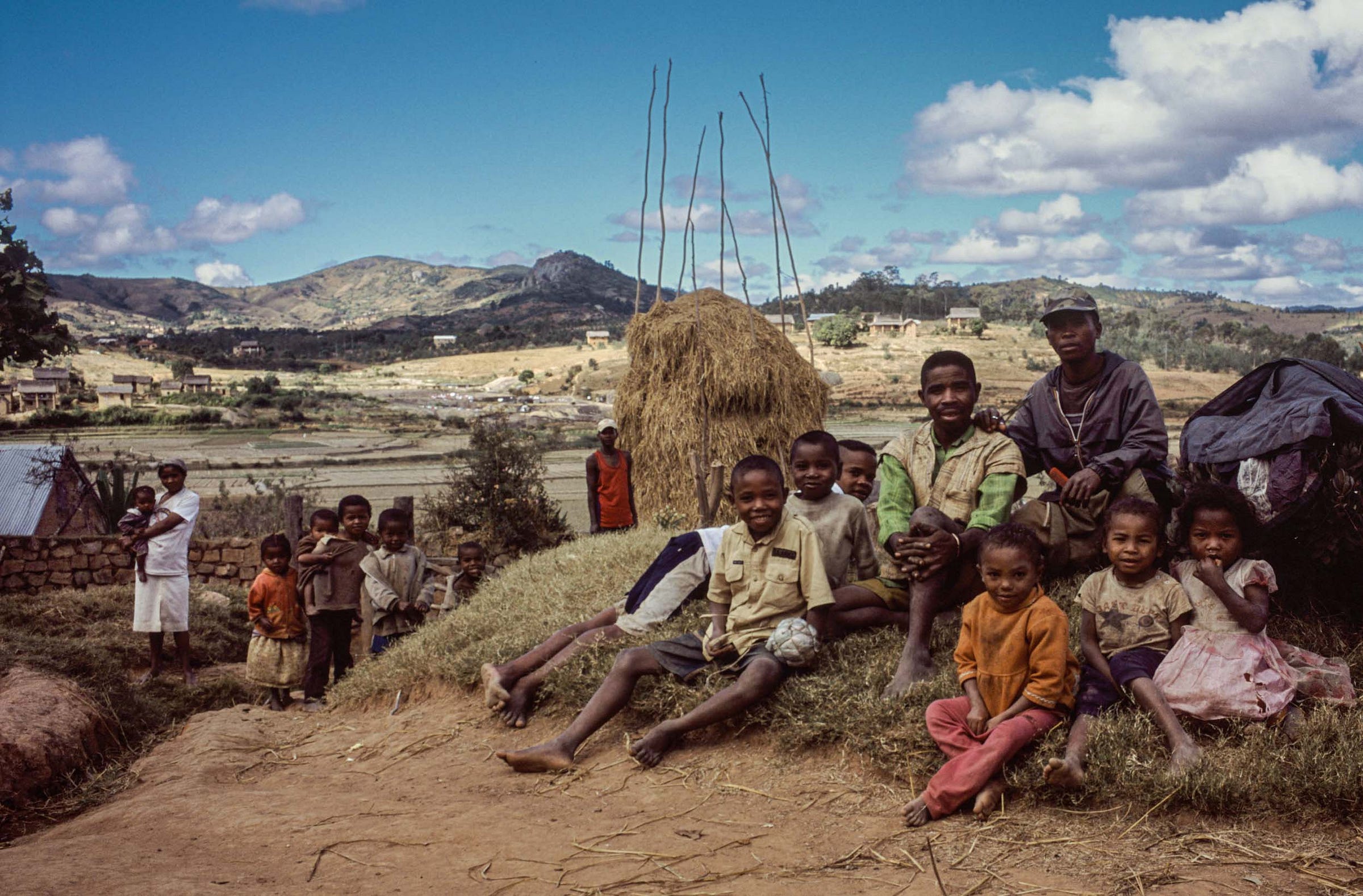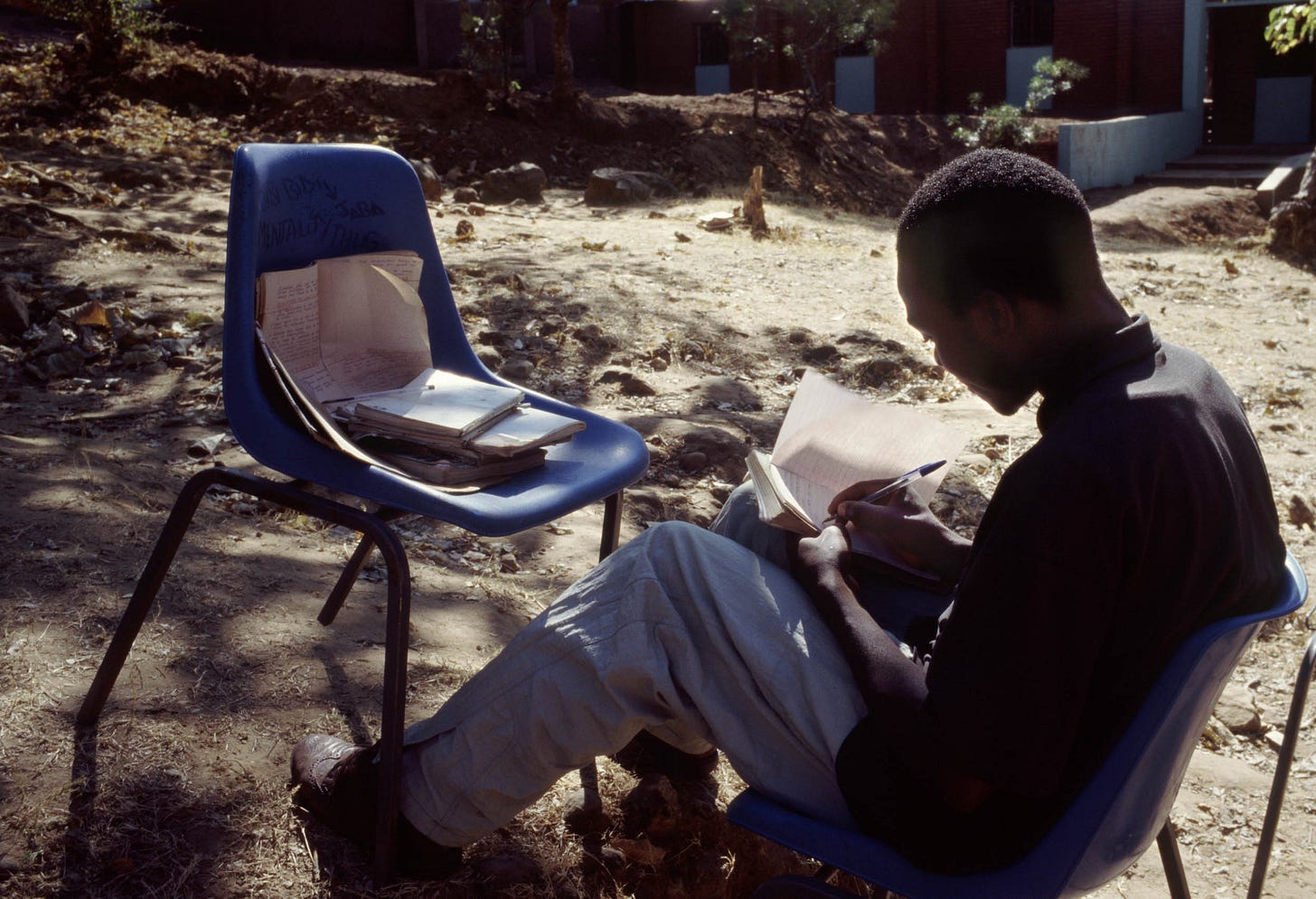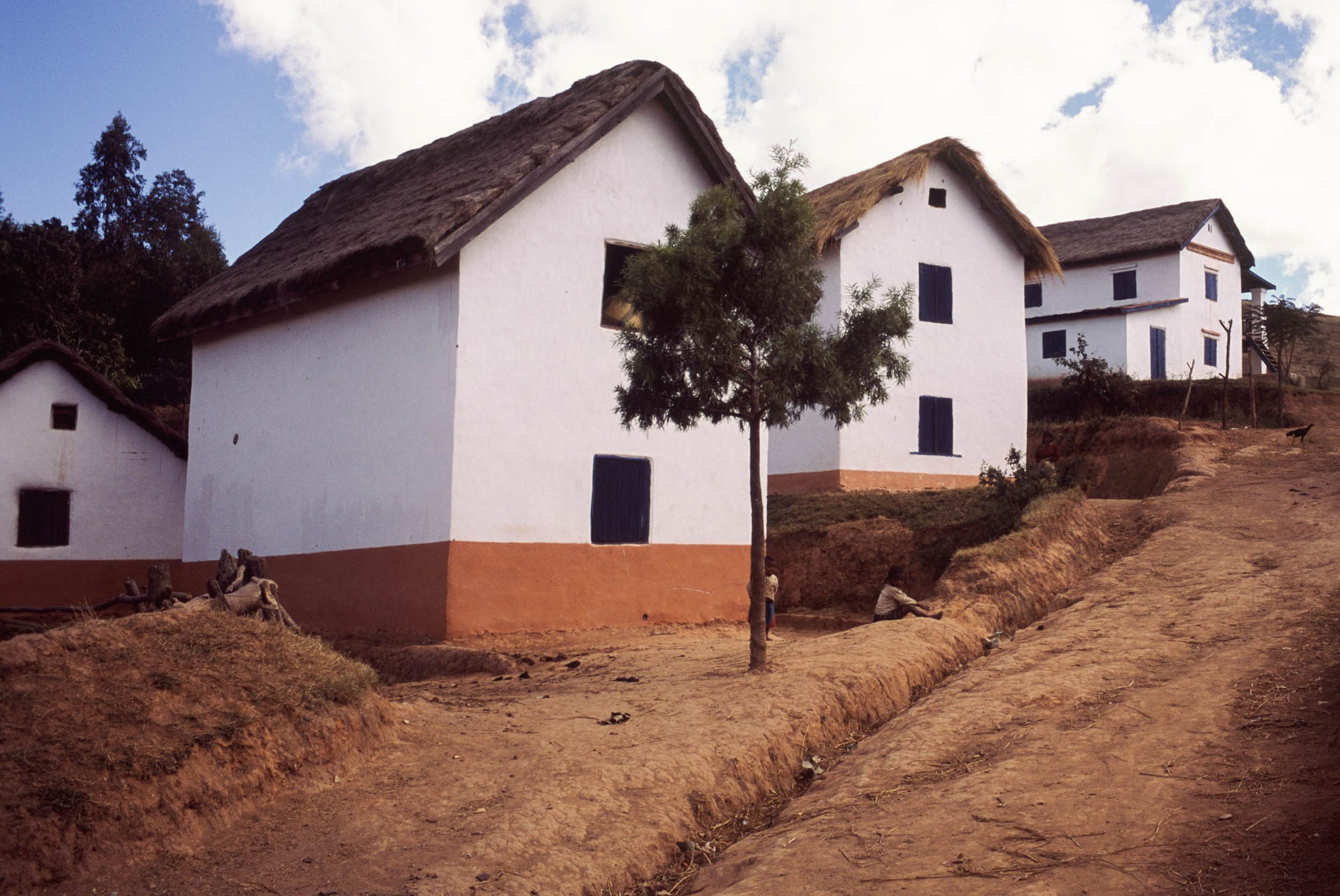Poverty is not a choice, but willingly man-made
The new Oxfam report investigates the role of billionaires in fuelling poverty worldwide, especially in the Global South
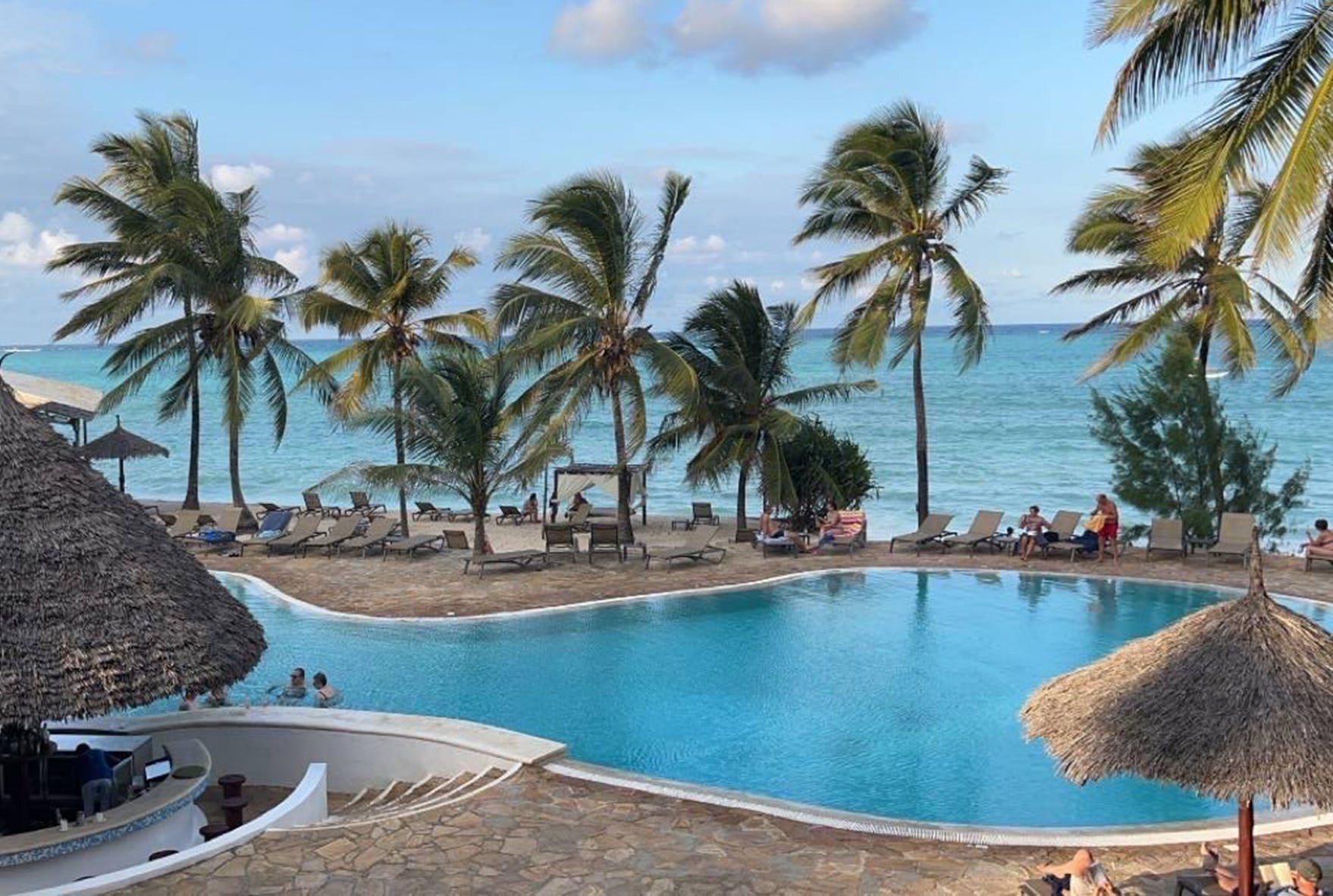
The photos of this post were taken during several travels to Sub-Saharan Africa and Madagascar during the last 20 years.
The Oxfam “Inequality Inc.” report of January 2024 blatantly states how the world has continued to become more and more polarized with 1% on the top benefitting from an accumulation of wealth that is insane, while the masses at the bottom of the scale become poorer at an unprecedented rate.
“This wealth is concentrated in the Global North. Only 21% of humanity lives in the countries of the Global North, but these countries are home to 69% of private wealth, and 74% of the world’s billionaire wealth.“
While travelling to the Global South, to one of our favourite tourist destinations, poverty slaps us in the face if we keep our eyes open. It might even disturb a little our well-deserved holiday in a low-income country, as Jamaica Kincaid’s essay „A Small Place » eloquently points out.
Let’s investigate what poverty means and how it could be overcome. The UN definition considers someone to be poor, if he/she earns less than 1.90$ per day. However the Oxfam Inequality Inc. report of January 2024 strongly criticizes this figure as being too low in times of galloping inflation rates.
"Oh, they are poor, but happy !" is a common cliché of wealthy people, used to justify our comfortable position of not-interfering with poverty around the world. If we travel to a Sub-Saharan country and pull out our camera to do some « street », we often shoot lovely smiling faces, because people are intimidated by us and our apparent wealth (95 % of them will never board a plane in their lives) and they often hide their shyness behind a smile.
However, poverty is a sad, rogue and daily challenge for too many people of the Global South as the Oxfam report points out. So what are the baseline commodities for a decent living? The ones we don’t even consider talking about in Europe :
• Access to clean drinking water; so not having to walk several kilometers through the bush to get to a dirty, empty water hole and carry back the 30 litre jug on your head.
• Access to enough healthy food to fill your and your family’s bellies; so you don’t go hungry at the end of the day, because you only have a handful of rice and nothing else for the extended family.

• Access to ablutions and separate bathroom facilities where your privacy can be respected.
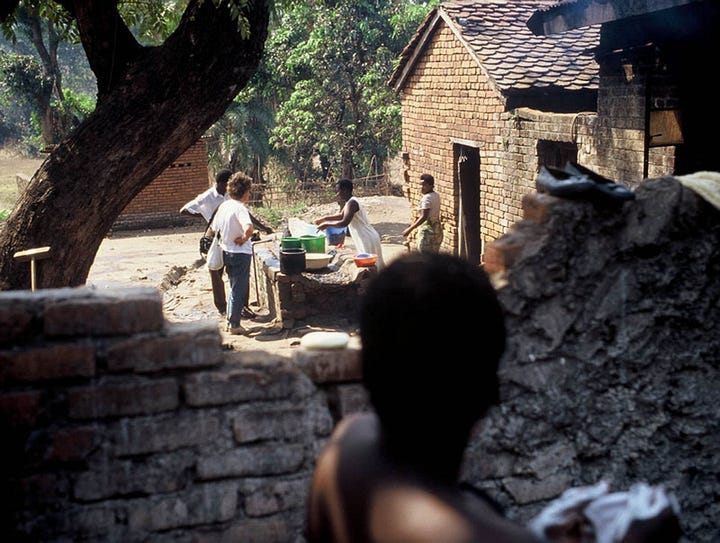
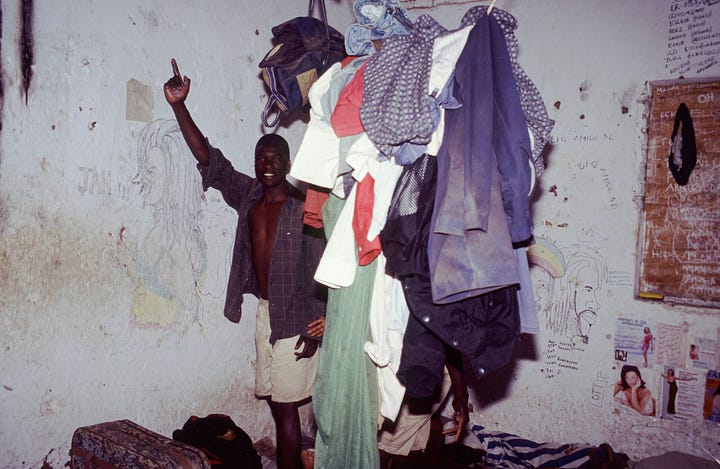
• Get a decent education (not only primary school with no possibility to continue to secondary education ; only 5- 7 % of school children can afford to continue schooling in Sub-Saharan Africa).

• Get a qualified professional training and not become stuck being a semi-educated worker, condemned to work in the informal economy (the part of any economy that is neither taxed nor monitored by any form of government) forever.
• Working in acceptable conditions with the appropriate security gear (so you don’t get crushed, because an illegal mine shaft collapsed over your body, which is what happened to the 40 gold miners killed in Mali in January 2024).
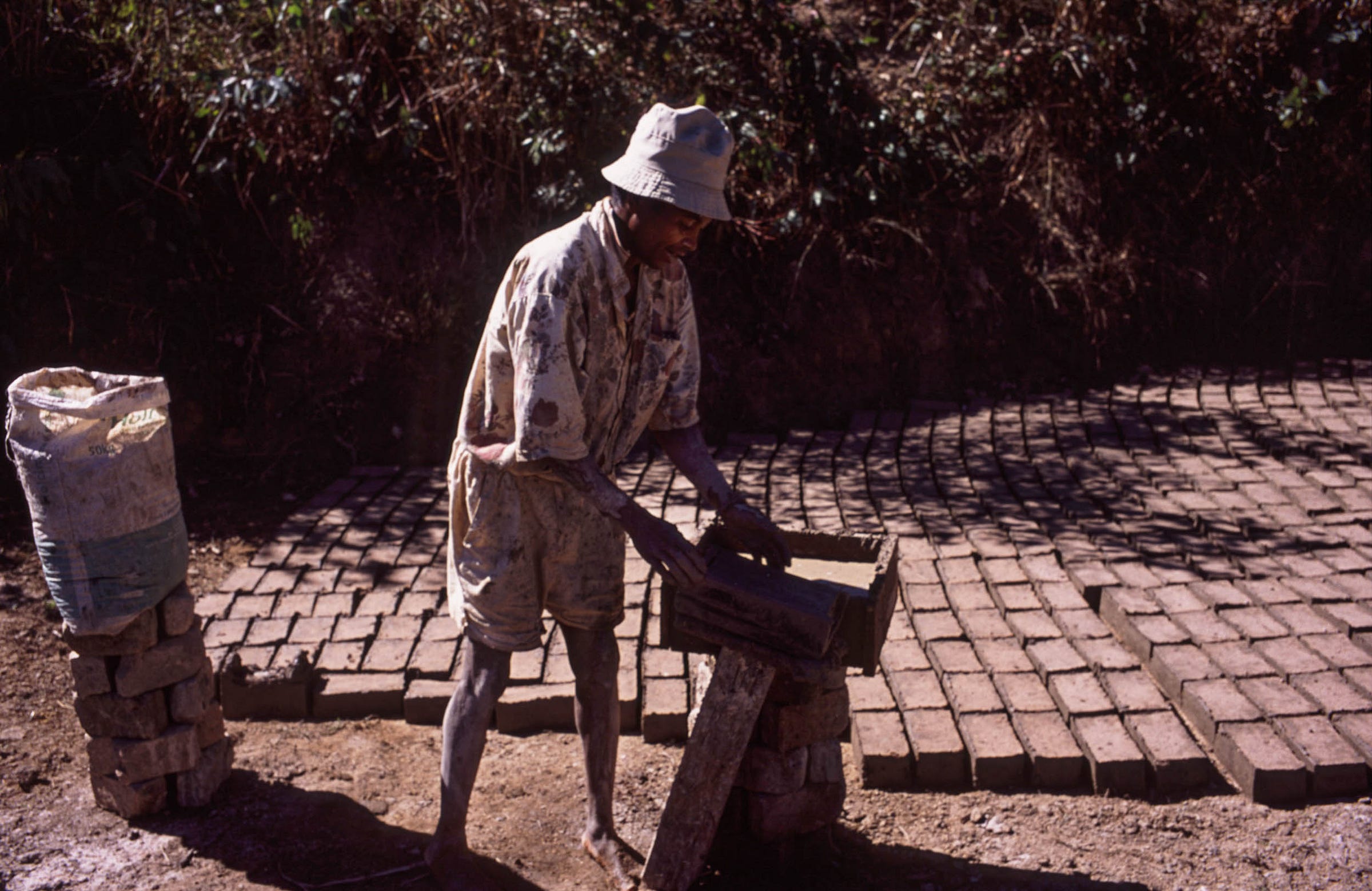
• Working for decent pay based on a minimum wage, that lets you earn more than 2 $ a day and might get you out of the endless spiral of abject poverty.
• Having access to affordable healthcare facilities close-by to avoid seeing your baby die because you can’t afford the Malaria pills.
• Having a roof over your head and at least 2 rooms at your disposition that you don’t have to cook, wash and make love in the same room that you share with your children.
• Walking on the streets and pavement that deserve the name (not having elephant-deep potholes, filled up to the brim during the rainy season).
• This list is not exhaustive.
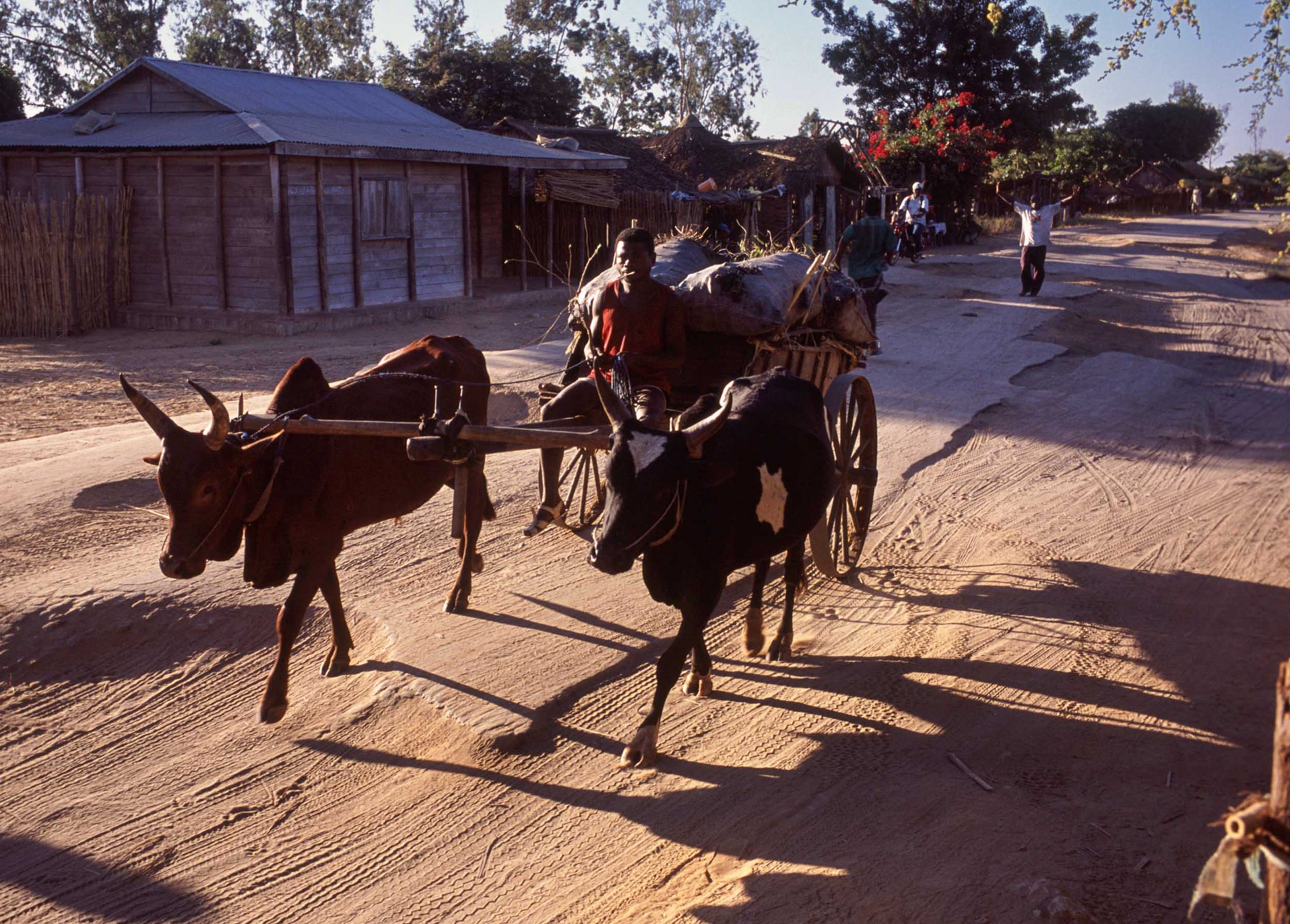
What is your opinion on this topic? Please comment.


